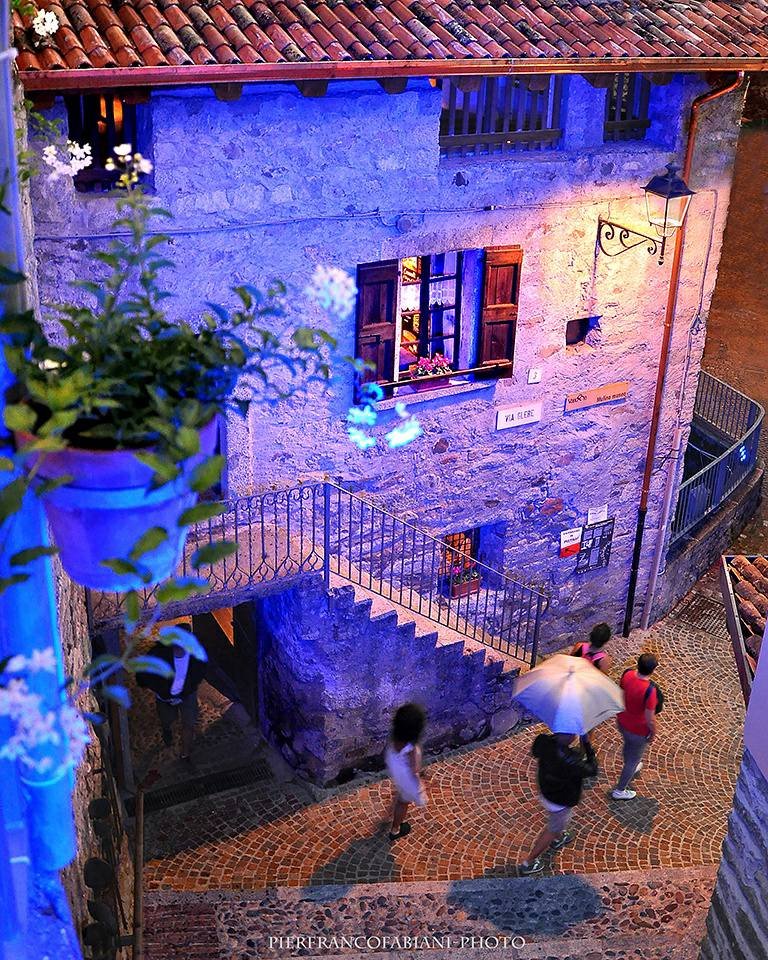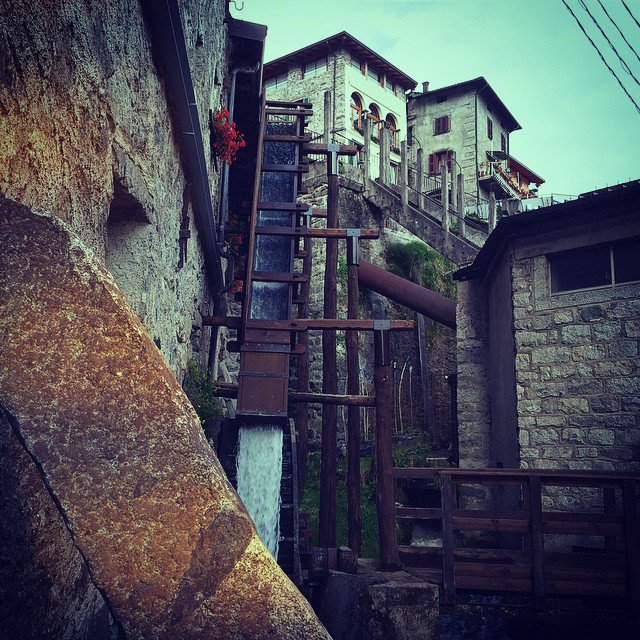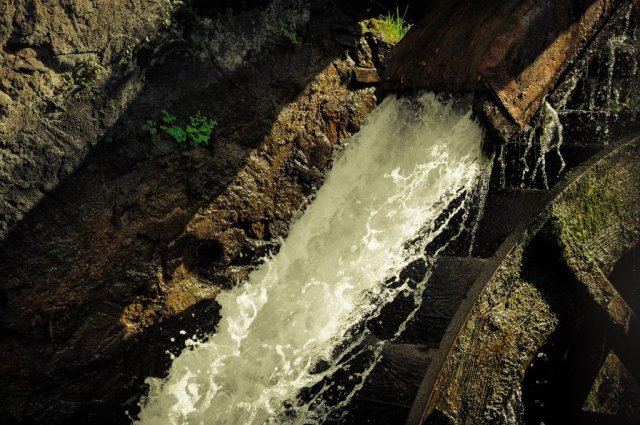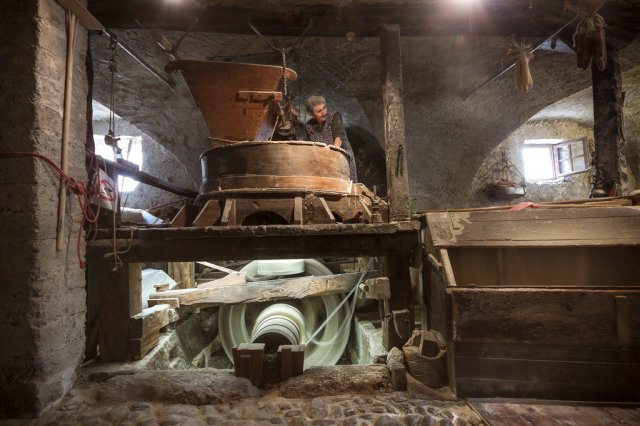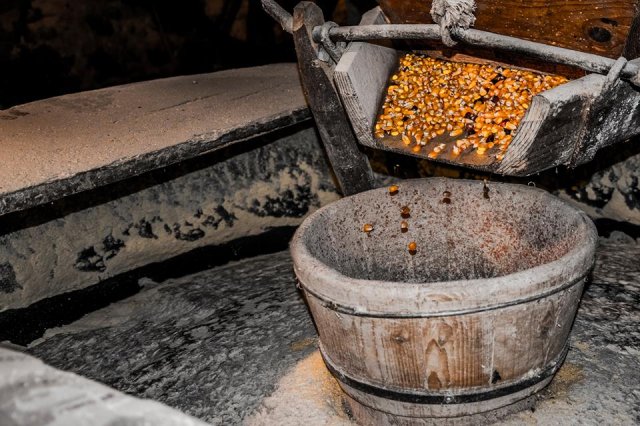The Mill Museum, located in the Inner City of the Village, is a proof of how the Biennese work culture has survived through the centuries.
It is the original nucleus of the Ethnographic Iron, Folk Arts and Traditions Museum in Bienno.
Built in 1400 still retains an original structure in all its parts: the architectural complex has preserved the original characteristics both inside and outside.
Keep the mills in excellent condition only for milling maize, while
The building, owned by the Tempini family, was sold in 1985 to the Municipality of Bienno.
The flood of 1634 destroyed a good part, but the seventeenth century settlement made it fully operational
The Mill Museum in Bienna's Historic Center showcases the village's enduring labor culture across time.
It serves as the foundation for the Bienno Ethnographic Museum of Iron, Arts, and Popular Traditions.
Constructed in the 1400s, it still maintains its original construction in all its parts: The architectural complex has kept its original features both inside and out.
It preserves the mills in great condition just for grinding grain, while
The building, held by the Tempini family, was sold to the Bienno Municipal Administration in 1985
The flood of 1634 destroyed much of it, but 17th-century renovation restored it to full working status.
The building stretches across three floors:
Machinery takes up space on the ground floor.
The miller's home on the upper two levels has been maintained. Explanatory panels and basic workshop equipment have been installed on the first level.The big hydraulic wheel and the long aerial channel that conveys water from the Vaso Rè may be seen in the outer space in front, as well as the stone channel on the ground.
The Mulino Museum collects items and activities related to agro-silvopastoral practices such as livestock farming, milk processing, haymaking, cereal cultivation, field work, transportation, viticulture, fruit growing, horticulture, forestry, beekeeping, wool processing, weaving, furnishings and decor, clothing, family economy, and popular religion.
Within it, you may purchase traditional Camuni goods, bringing home a piece of our areas' heritage.
OPENING HOURS:
SUMMER (from April 1st to October 31st)
From Wednesday to Sunday: 09:30 - 12:30 / 14:30 - 17:30
Monday and Tuesday: CLOSED
WINTER (from November 1st to March 31st)
From Wednesday to Sunday: 09:00 - 12:30 / 14:30 - 17:30
Monday and Tuesday: CLOSED
